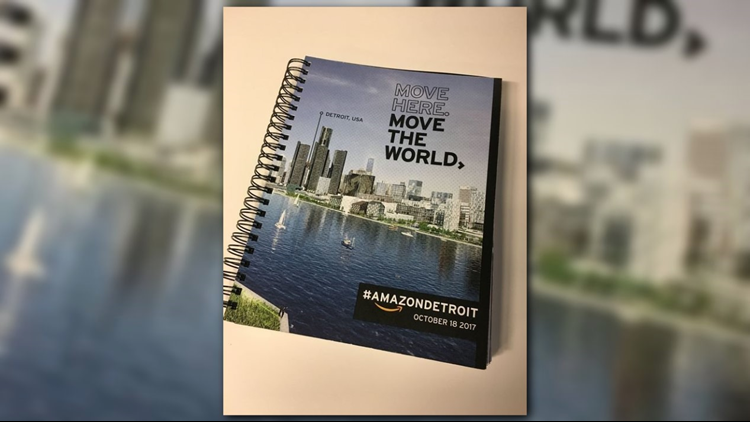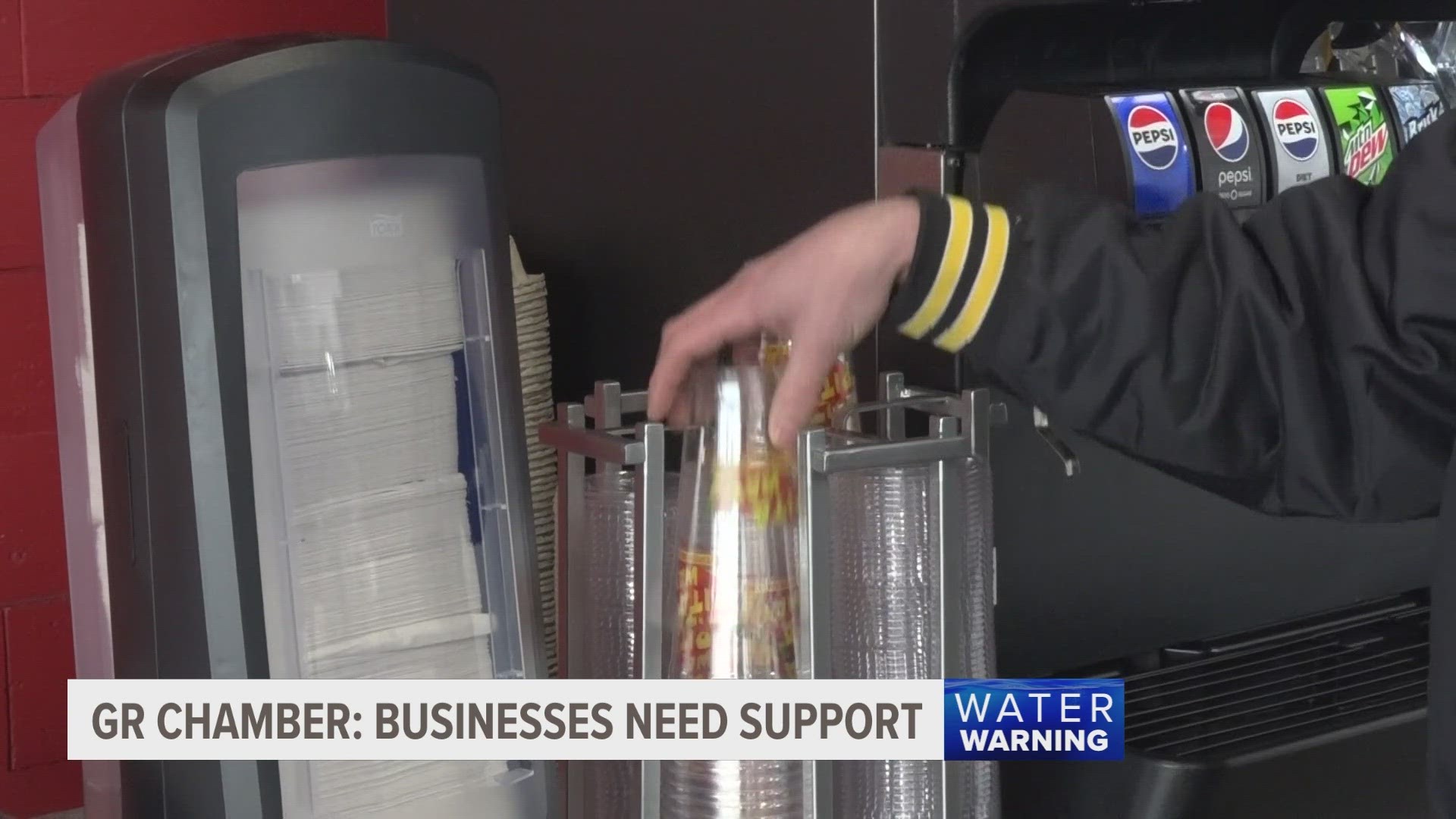Across the U.S., many cities have debated whether the huge public subsidies offered to Amazon for its second headquarters would be worth the cost.
In Detroit it's difficult to have a fully informed debate about that because the amount of public subsidies the city and state were offering Amazon to come to Detroit remain a closely guarded secret.
The Michigan Economic Development Corp. in recent days has denied for the second time the Free Press's Freedom of Information appeal for the total amount of subsidies offered Amazon. The Free Press believes that number is and should be public information.
MEDC said it must withhold the amount of public subsidies offered Amazon in the Detroit bid because of a non-disclosure agreement (NDA) the state signed with businessman Dan Gilbert's Bedrock real estate arm in September 2016.
Under that confidentiality agreement, MEDC agreed not to disclose any Bedrock trade secrets that Gilbert's team divulged to MEDC in the course of putting together deals. Dozens of specific types of information were covered, including material on Bedrock's plans for its various sites.
And since Gilbert's Bedrock led the way in compiling Detroit's bid to Amazon, the MEDC said even the calculation of public subsidies offered by the city and state must be treated like any other corporate trade secret.
Otie McKinley, a spokesman for MEDC, said the information the Free Press sought had been added to the non-disclosure agreement when the Amazon bid process came together.
"The MEDC is bound by the terms of the NDA and is unable to release the requested information at this time," he said.
Gilbert himself said late Monday: “If a future party is completely privy to the details and value of any and all incentive packages previously offered that did not come to fruition, then you can be very confident that the value of that proposal will be the starting point of any negotiation.
“In other words, showing the State of Michigan’s hand to all future parties creates no upside for the state, and only hampers the state’s ability to negotiate the best possible future package on behalf of all Michigan taxpayers.”
But the question for the public is this: Is the total amount of public money offered Amazon, including tax breaks and other incentives, really a trade secret belonging to a private corporation?
"As a matter of public policy, how the state contractually commits to spend taxpayers' dollars should be a matter open to the public, and I would be surprised if a court would not agree that it is required by law," said John Mogk, professor of law at Wayne State University.
"Essentially, the state has agreed to keep quiet on the use of taxpayer money," Mogk added. "Taxpayers should have a right to know how their funds are being used, if for no other reason than to challenge the use, if it is contrary to law."
The MEDC has already revealed what Grand Rapids offered Amazon to make the west Michigan city the site of its second headquarters. The Grand Rapids bid included public incentives of up to about $2 billion over 30 years, mostly in the form of property and personal tax abatement.
Other cities around the nation offered public subsidies generally from $2 billion to $7 billion. Dallas topped the list by offering to build a new rail line for Amazon for a total package totaling $15 billion.
MEDC told the Free Press in denying its Freedom of Information request and subsequent appeals that the Grand Rapids info was different than the Detroit case because of the non-disclosure agreement the state signed with Bedrock.
No one questions that legitimate trade secrets can remain confidential. But it should be clear that the Free Press wasn't asking for the secret formula for Coca-Cola but only for the state's bottom line — the total amount of public money offered to Amazon in the form of property tax abatement and other public assistance.
And it's important for the public to know that number because tax incentives have been growing at a brisk pace for many years. Timothy J. Bartik, an economist with the W.E. Upjohn Institute for Employment Research in Kalamazoo, estimates that nationally incentives have tripled in the past quarter century. In 2017, Wisconsin provided Foxconn, an electronics manufacturer, with incentives of up to $4.5 billion.
Gilbert's Hudson's site project now under construction is another example. That project is in line to get more than $160 million in public subsidies for the $900-million development, including sales and income tax abatement for construction activities, 30 years of property taxes and, for 20 years, up to 50% of future state income taxes generated from the new jobs as well as from the new residents who will live inside the tower.
Given what we know about other tax incentives offered Bedrock for that and other projects, the incentives Detroit and the state offered Amazon must have been generous.
But the MEDC says the public shouldn't be allowed to know what that number was.
Contact John Gallagher: 313-222-5173 or gallagher@freepress.com. Follow him on Twitter @jgallagherfreep.



